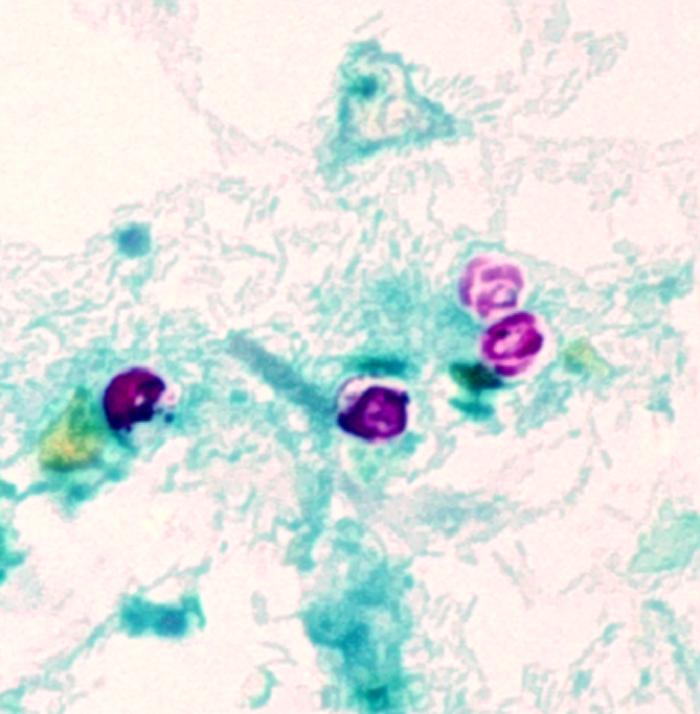The outbreak of cryptosporidiosis in Central Ohio has been something Outbreak News Today has been following since the outbreak declaration in August.

With 937 cases of the protozoan parasite infection reported as of last week, that alone would make Ohio the state with the most cases year-to-date in the US.
However, the Buckeye state has reported 1,621 “Crypto” cases as of Oct. 15, according to data from the Centers for Disease Control and Prevention (CDC).
This accounts for 18 percent of the 9,055 cumulative cases reported in the US for the same period. During the same period in 2015, Ohio saw only 353 cases.
Cryptosporidiosis is caused by Cryptosporidium, or “crypto,” a parasite that causes watery diarrhea. The parasite is found in the fecal matter of people infected with crypto, and it is spread by swallowing contaminated water or by human-to-human contact.
Symptoms include:
- watery diarrhea
- abdominal pain and cramping
- dehydration
- weight loss
- fever
- nausea and vomiting
Symptoms can last for two weeks. Infected persons can continue to spread the disease for several weeks after diarrhea, so they should avoid activities involving recreational waters for at least two weeks after diarrhea subsides and practice diligent hand washing.
This outbreak is not tied to any one location. Most cases report multiple exposures at various recreational water facilities throughout the three jurisdictions.
With the large increase of cases in our community, public health officials are recommending the following safety measures to reduce the spread of crypto.
Recommendations when you go to the pool, spray park, or water park:
- Do not swim when you have diarrhea.
- Take a shower/bathe before going in the water.
- Wash hands with soap and water after using the bathroom, changing diapers and before eating.
- Change diapers in a bathroom and not by the pool.
- Take kids on frequent bathroom breaks and check diapers often.
- Avoid swallowing any water and keep it out of your mouth.
Recommendations for child care centers, providers, and schools:
- Children with diarrhea should stay home until 24 hours after diarrhea has stopped.
- Staff with diarrhea who handles food should stay home until diarrhea has stopped, 3 stool specimens are negative through laboratory testing, and clearance to return to work is provided by public health.
- Practice thorough hand-washing with soap and water. Cryptosporidium is not killed by alcohol gels and hand sanitizes.
- All water play and swimming activities must be terminated for the duration of the outbreak. This includes all play and activities involving water tables, splash pads, temporary inflatable or rigid fill-and-drain swimming pools and slides, and public pool visits. The water can become contaminated and facilitate the spread of germs.
- Contaminated surfaces should be soaked for 20 minutes with 3% hydrogen peroxide (99% kill rate) and then rinsed thoroughly.
- No disinfectant is guaranteed to be completely effective against Cryptosporidium; however, hydrogen peroxide is more effective than standard bleach solutions.
Related:
- Creepy Clowns: A discussion with psychologist, Dr Frank McAndrew
- Screwworms: An interview with UF professor, Dr. Phillip Kaufman
- Zika funding: CDC announces an additional $70 million available
- Hepatitis A outbreak now reported in nine states
- Dengue vaccine news: Nanoparticle vaccinates mice against dengue


One thought on “Crypto: Ohio accounts for nearly one out of five cases in the US this year”